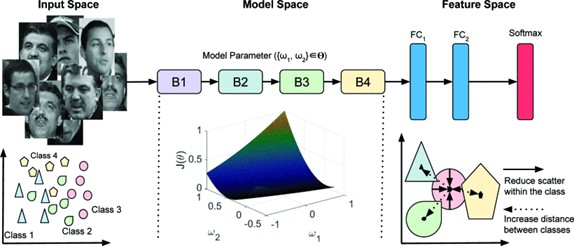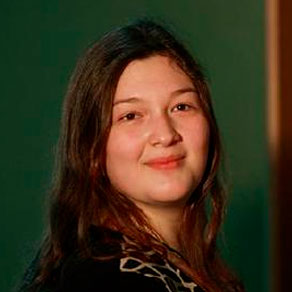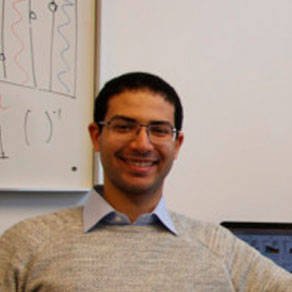
Mayank Vatsa
[introductory/intermediate] Small Sample Size Deep Learning [virtual]
Summary
The growth and success of deep learning approaches can be attributed to two major factors: availability of hardware resources and availability of large number of training samples. For problems with large training databases, deep learning models have achieved superlative performances. However, there are a lot of small sample size or S3 problems for which it is not feasible to collect large training databases. It has been observed that deep learning models do not generalize well on S3 problems and specialized solutions are required. In this module, we will discuss deep learning algorithms for small sample size problems in which the algorithms are segregated according to the space in which they operate, i.e. input space, model space, and feature space.
Syllabus
- Deep Learning and Generalizability
- Small Sample Size vs Imbalanced Data Learning
- Input Space Learning
- Model Space Learning
- Feature Space Learning
- Discriminative Shared Transforms
- Computer Vision Applications
References
Raudys and Jain, Small sample size effects in statistical pattern recognition: recommendations for practitioners, IEEE Transactions on Pattern Analysis and Machine Intelligence, Volume: 13, Issue: 3, pp. 252 – 264, Mar 1991.
Nagpal et al. Discriminative shared transform learning for sketch to image matching. Pattern Recognit. 114: 107815 (2021).
Keshari et al. Generalized Zero-Shot Learning via Over-Complete Distribution. CVPR 2020: 13297-13305.
Keshari et al. Learning Structure and Strength of CNN Filters for Small Sample Size Training. CVPR 2018: 9349-9358.
Pre-requisites
Fundamentals of machine learning and deep learning.
Short bio
Mayank Vatsa is an IEEE Fellow and a Professor and Professor-in-Charge of Corporate Relations with IIT Jodhpur, India. Since its inception, he is also the Project Director of the Technology and Innovation Hub on Computer Vision and Augmented & Virtual Reality under the NM-ICPS. His areas of interest are biometrics, machine learning, computer vision, and deep learning. He is a recipient of the Prestigious Swarnajayanti Fellowship from Government of India, NVIDIA Innovation Award, the A. R. Krishnaswamy Faculty Research Fellowship at the IIIT-Delhi, and several Best Paper and Best Poster Awards at international conferences. He is/was an Associate Editor of Information Fusion and Pattern Recognition, the General Co-Chair of IJCB 2020, and the PC Co-Chair of the ICB 2013, IJCB 2014, FG2021, AVSS2021. He has also served as the Area Chair of CVPR, AAAI, ICCV, ECCV conferences. From 2015 to 2018, he served as the Vice President (Publications) of the IEEE Biometrics Council where he led the efforts to start the IEEE Transactions on Biometrics, Behavior, and Identity Science. He has also participated in several Indian government initiatives including UIDAI (Aadhaar), designing biometrics standards for e-Gov applications, Responsible AI, and DigiYatra.





















